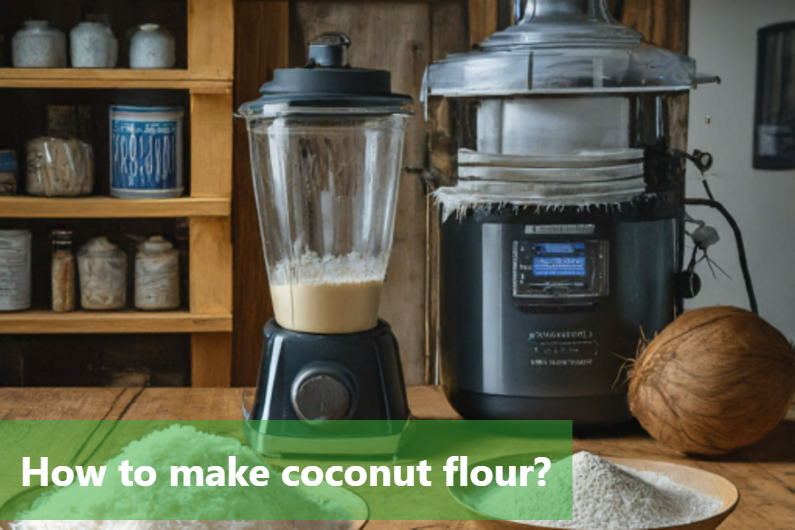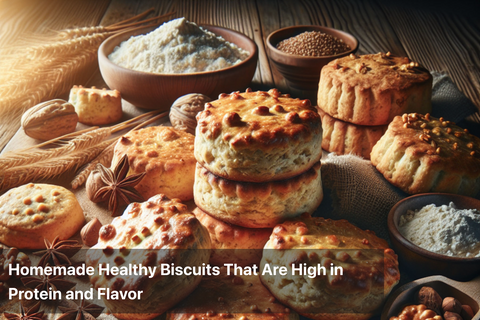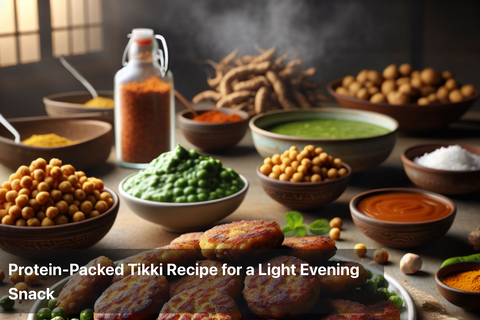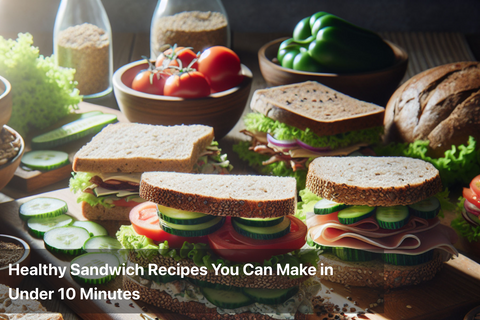
How to make coconut flour?
As specialty diets gain followers, many seek wholesome baking substitutes free from gluten or grains. Enter coconut flour - a versatile alternative milled from the dried meat of fresh coconuts. Boasting fine texture and mild tropical sweetness, this fiber-rich flour proves increasingly popular among the grain-averse.
Crafted by pressing coconut residue after coconut milk extraction, this inventive flour contains beneficial fats and nutrients without Triglycerides or gluten. Its ability to add moisture and binding to baked goods makes it a valued addition in countless kitchens. Whether avoiding grains for health or philosophical reasons, coconut flour empowers and satisfies.
As our collective interest expands regarding diet and wellness, coconut flour promises to maintain relevance. Its concentration of prebiotics and electrolytes appeal to pouplar food philosophies like the gaps diet or keto regimen. Ultimately, coconut flour delivers wholesome, plant-based nourishment that aligns with many modern health objectives. For home bakers, it grants the ability to still enjoy sweet, gluten-free treats.

Nutritional Content of Coconut Flour
Nutritional contents of coconut flour per 100 grams:
Nutrient |
|
|---|---|
Calories |
400 kcal |
Total Fat |
12 g |
Saturated Fat |
11 g |
Trans Fat |
0 g |
Cholesterol |
0 mg |
Sodium |
70 mg |
Total Carbohydrates |
60 g |
Dietary Fiber |
36 g |
Sugars |
8 g |
Protein |
20 g |
Iron |
5 mg (28% DV) |
Calcium |
40 mg (4% DV) |
Potassium |
600 mg (17% DV) |
Magnesium |
90 mg (23% DV) |
Making Coconut Flour at Home
To make coconut flour at home, follow these simple steps:
Source fresh coconuts from a local market or grocery store, ensuring they are heavy to indicate a higher water content.
Extract the white flesh from the shell by prying it away using a butter knife.
Rinse the coconut flesh under cold water to remove any remaining shell pieces.
Pat the coconut flesh dry with a clean towel to remove excess moisture.
Spread the coconut flesh on a baking sheet and place it in the oven at a low temperature, typically around 120°C (250°F), for 3-4 hours, checking and stirring every 30 minutes to ensure even drying.
Once the coconut flesh is completely dry and crisp, remove it from the oven and allow it to cool to room temperature.
Transfer the dried coconut flesh to a high-speed blender or food processor and grind it until it reaches a fine, powdery consistency.
Shift the ground coconut flour through a fine mesh sieve to remove any larger pieces, and store the homemade coconut flour in an airtight container for future use.
By following these steps, one can create wholesome coconut flour at home, free from any additives or preservatives, ready to be used in favorite recipes.
Coconut Flour Recipes
Coconut flour is an excellent gluten-free option that imparts a special flavor and texture to dishes. Below are some delicious recipes showcasing the versatility and taste of coconut flour:
Coconut Flour Pancakes
Mix 1/4 cup coconut flour, 1/2 teaspoon baking powder, a pinch of salt, 2 beaten eggs, and 1/4 cup coconut milk in a bowl.
Heat a lightly oiled non-stick pan over medium heat and pour 1-2 tablespoons of batter onto the pan for each pancake.
Cook until the edges start to brown, then flip and cook the other side.
Serve with fresh fruit and a drizzle of honey for a delightful breakfast treat.
Coconut Flour Pizza Crust
Mix 1/4 cup coconut flour, 2 tablespoons psyllium husk powder, 1/2 teaspoon baking powder, 1/4 teaspoon salt, 2 eggs, and 1/4 cup warm water in a bowl.
Stir until a dough forms, then let it sit for a few minutes to thicken.
Roll out the dough on parchment paper to form a thin crust.
Pre-bake the crust for 10-12 minutes in a preheated oven at 400°F, add favorite toppings, and bake for an additional 8-10 minutes until the crust is crispy and golden.
Coconut Flour Chocolate Chip Cookies
Blend 1/3 cup coconut oil, 1/3 cup coconut sugar, and 1 teaspoon vanilla extract.
Add 2 eggs and mix well.
In a separate bowl, mix 1/3 cup coconut flour, 1/2 teaspoon baking soda, and a pinch of salt.
Gradually add the dry ingredients to the wet ingredients, then fold in 1/2 cup of chocolate chips.
Drop spoonfuls of dough onto a baking sheet and bake at 350°F for 10-12 minutes for soft, chewy cookies.
These delectable recipes illustrate the versatility of coconut flour and its ability to make traditional dishes healthier and more flavorful. Whether it's breakfast, lunch, or dessert, coconut flour serves as a nutritious and delicious alternative for all cooking and baking needs.

DIY Guide to Making Coconut Flour
Coconut flour is a game-changer in the kitchen! It's gluten-free, full of fiber and protein, and easily made at home. By incorporating coconut flour into cooking and baking, it not only adds a delightful nutty flavor but also enhances the healthiness of dishes.
Coconut flour can revolutionize recipes, elevating dishes such as fluffy pancakes and moist cakes. Whether following a gluten-free or paleo diet, or simply seeking a healthier flour, coconut flour is the solution.
Explore the myriad benefits of coconut flour, incorporating it into meals to witness the remarkable positive change it brings. Start experimenting with coconut flour in favorite recipes today to enhance both taste and health!
This Blog post is an initiative by Lo! Foods, to provide accurate and Nutritionist / Doctor approved information related to Health. Lo! Foods is India's leading brand for Everyday Functional Foods. Foods designed for specific Health conditions or Needs. Lo! Foods also runs India's largest range of Low Carb Healthy Cloud Kitchens, under the brand names of Lo!, ProteinChef, ATH (All Things Healthy) and DiabeSmart.















Leave a comment
Your email address will not be published.